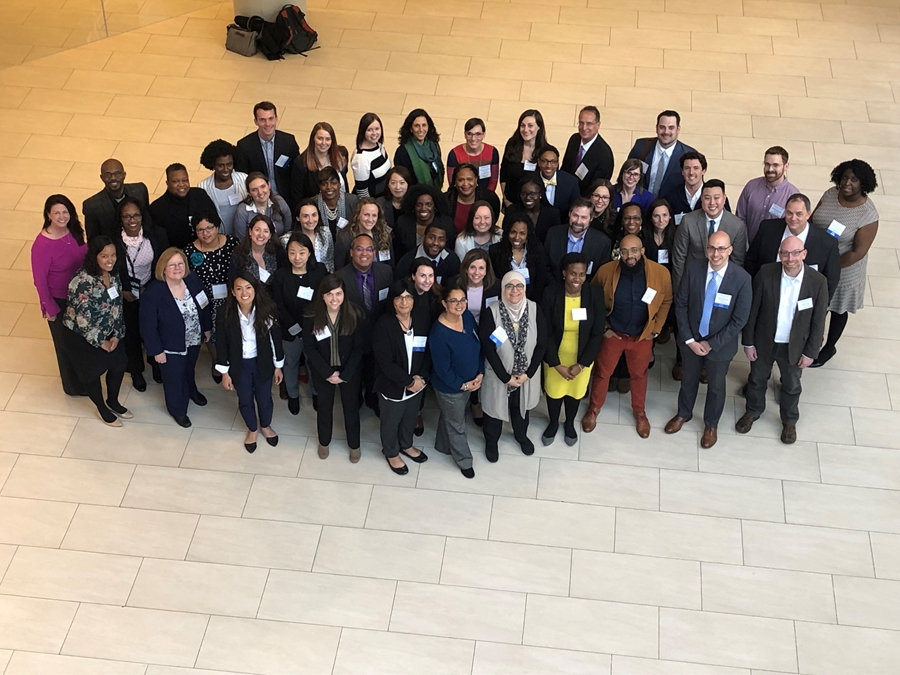
Joshua Ray, an educational leadership student at the University of Arkansas, recently received a Clark Fellowship and was invited to attend the David L. Clark National Graduate Student Research Seminar in Educational Administration and Policy in Toronto.
The seminar brings emerging educational administration, policy scholars and noted researchers together for two days of presentations, discussion, and professional growth.
Ray was nominated by John Pijanowski, a U of A curriculum and instruction professor, who was a Clark Fellow himself as a graduate student.
Ray said the seminar was an amazing experience.
"I had the privilege of working with and learning from scholars all across the country," he said. "I got practical feedback on my work, had the opportunity to weigh-in and make suggestions for other students, and made connections with people I hope to collaborate with in the future.
"Personally, what I will take away from the experience was the willingness of both faculty and other students to display vulnerability with regard to their work while respectfully helping me to bring out the best in mine."
Ray added that the professional courtesy and respect he received while there, in conjunction with the high caliber of scholarship, was extremely engaging.
"I was so thankful to have the opportunity to represent the University of Arkansas," he said.
Ray's abstract was titled, "Crumbling Foundations: The Case for Prioritizing Self-Care Among Educational Leaders."
In the abstract, Ray shared details of a study regarding Arkansas administrators and their self-care habits. He used a mixed method design and, in conjunction with the Arkansas Department of Education, surveyed principals and assistant principals.
Open-ended questions were used to identify commonalities in personal experiences about self care among the administrators.
Ray noted that the qualitative experiences from practitioners offers the potential for education and change that could promote healthier, more effective educational leaders.
"Moving forward, I hope this research will be a catalyst for meaningful change among current leaders and practitioners in schools," he said. "Unfortunately, I am afraid that many unknowingly compromise not only their ability to be effective, but also the fundamentals of what it means to be a healthy, happy human being in pursuit of service to their schools and stakeholders.
"Essentially, through ultimate investment by means of self-sacrifice, leaders are even less than they would be for their schools if they took the time to take care of themselves. This understanding is powerful in shifting action and policy from the building to the national level."
Topics
Contacts
Shannon G. Magsam, director of communications
College of Education and Health Professions
479-575-3138, magsam@uark.edu